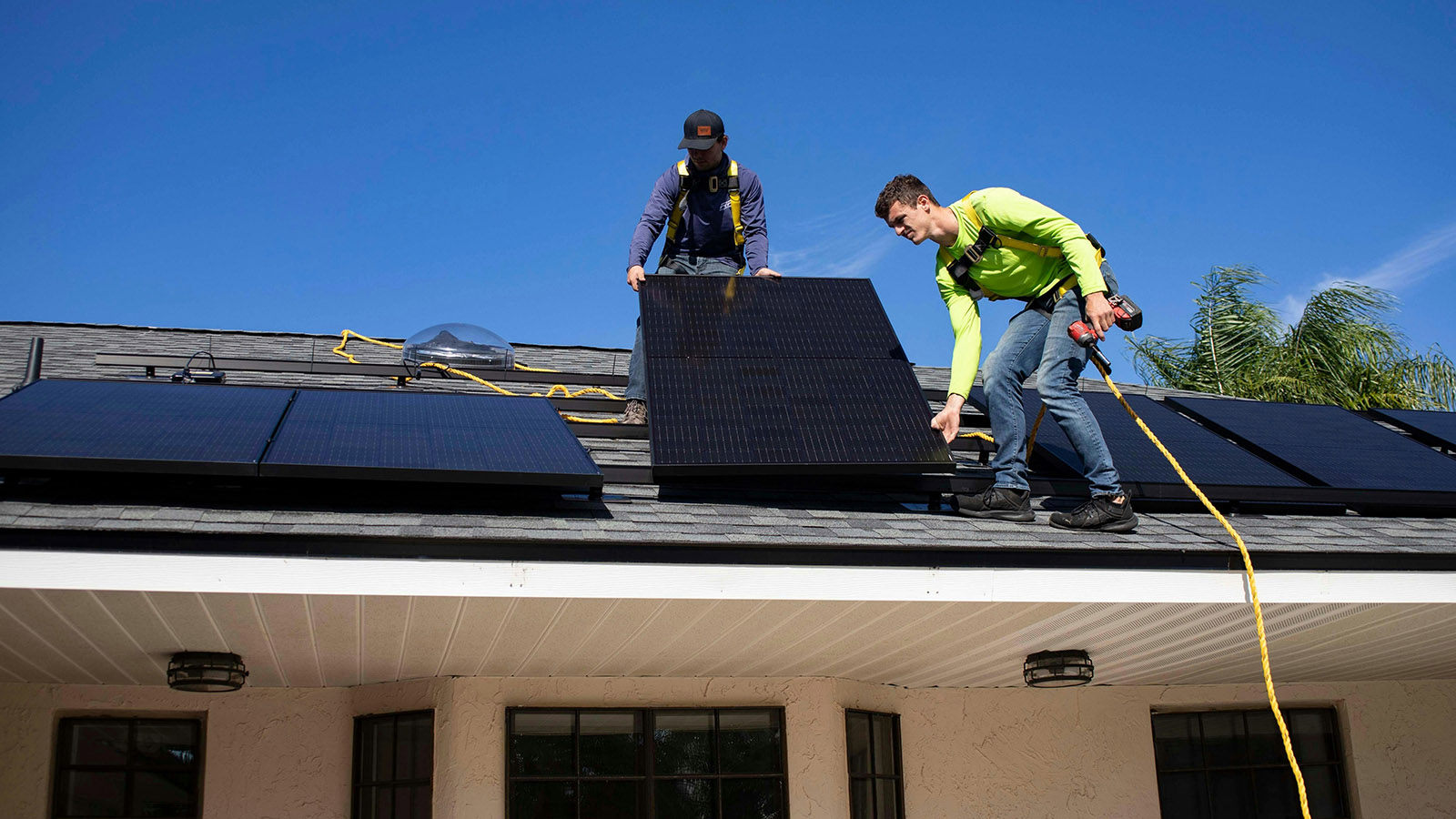Renewable Energy Jobs tagged "Energy Economics"
-
On-site Full Time A day ago
-
-
On-site Full Time A day ago
-
Hybrid Full Time A day ago
-
On-site Full Time Today
-
On-site Full Time A day ago
-
-
Flexible Full Time A day ago
-
-
On-site Full Time A day ago
-
On-site Full Time Today
-
-
Nairobi, Kenya + 1 locationHybrid Full Time A day ago
-
ExpiredSydney, AustraliaFlexible Full Time A day ago
-
Expired
Manager, Capital Formation, Investor Relations and Business Development
Copenhagen Infrastructure Partners
Copenhagen, DenmarkOn-site Full Time 13 days ago
Energy Economics Jobs in Renewable Energy
What Energy Economics Roles Actually Involve
Energy economics in renewable energy isn't academic research. It's financial modeling, trading, risk management, and investment analysis applied to power markets. Among featured employers, these roles split into three distinct tracks: project-level economics (modeling returns, structuring project finance), market-level operations (trading power, managing portfolio risk, originating PPAs), and investment analysis (M&A, corporate finance, valuation).
The distinction matters because each requires different expertise. Project finance managers model cash flows across 20-year asset lifespans, factoring in merchant price exposure and regulatory changes. Trading analysts need to understand how battery storage economics interact with wholesale power markets. Investment analysts evaluate whether a solar portfolio acquisition makes sense given evolving IEA electricity market forecasts and grid integration costs.
Company Types and Career Backgrounds
Project developers hire most of these roles. Among featured employers, EDP Renewables, Vena Energy, Clearway Energy Group, Mainstream Renewable Power, and Ecoplexus all seek financial modelers and analysts. Energy retailers like Octopus Energy and OVO Energy hire for trading and risk management positions focused on customer hedging and wholesale procurement.
Two backgrounds dominate. Finance professionals who learn energy markets (how capacity markets work, what shapes power price curves, PPA pricing structures) and energy engineers who develop financial skills (DCF modeling, credit analysis, quantitative methods). The latter often have an edge because they understand technical risk, like how inverter failure rates affect project returns or why interconnection costs vary by grid region.
Geographic concentration is notable. London, Amsterdam, Berlin, Brussels, and Madrid lead European hiring, driven by sophisticated PPA markets and regulatory frameworks requiring specialist analysis. Singapore serves as the Asia-Pacific hub.
In-Demand Variations and Market Direction
Job titles reveal specific demand patterns. Financial modeling roles span chief energy modelers to project finance managers. Trading positions include asset traders and portfolio management analysts. Regulatory specialists analyze market design and rate structures. PPA origination managers structure long-term offtake agreements.
The field is moving toward greater complexity. IRENA's renewable energy finance research shows merchant risk assessment and hybrid system economics (solar plus storage) now dominate project evaluation. Professionals combining quantitative analysis with market analysis skills command premiums, especially those who can model price cannibalization effects as renewables penetration increases.
Get Job Alerts
Get alerts for Energy Economics jobs
Featured Jobs
Renewable Energy Blog Posts
-

Renewable Energy Forecast for 2030
By 2030, renewables are poised to supply nearly half of global electricity, with solar and wind leading this explosive expansion. In this data-driven piece, we explore job creation forecasts, supply chain bottlenecks, and policy hurdles. -

Fastest Growing Renewable Energy Sector: Data and Trends
In 2023, solar photovoltaics surged by 32.59%, officially making it the fastest-growing renewable energy source worldwide. Yet offshore wind, which soared by 57.87% in 2021, remains a formidable competitor in total electricity output due to its high capacity factor. This concise overview highlights how policy incentives, cost reductions, and manufacturing advances are propelling solar to the forefront of the global energy transition. -

Career Opportunities in Solar Energy
The solar energy sector is experiencing unprecedented growth, with over 7.1 million jobs in solar PV alone as of 2023. For professionals considering a career shift into renewable energy, solar offers pathways across R&D, manufacturing, project development, and operations.

















